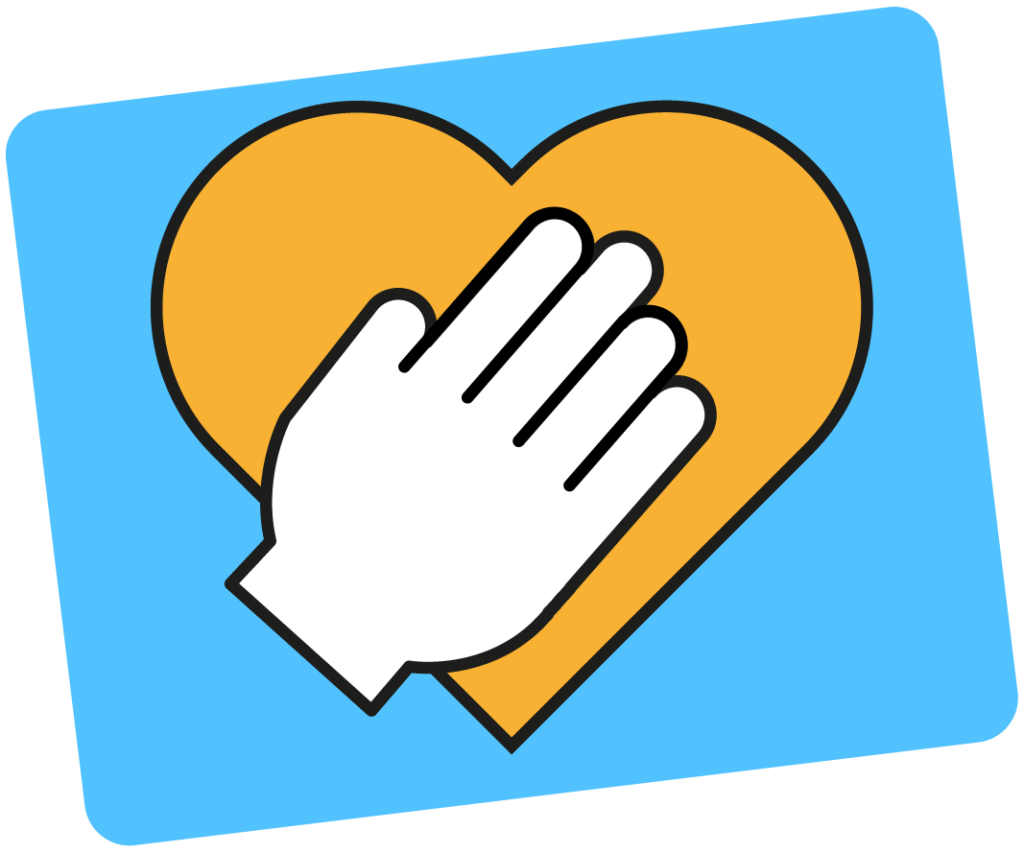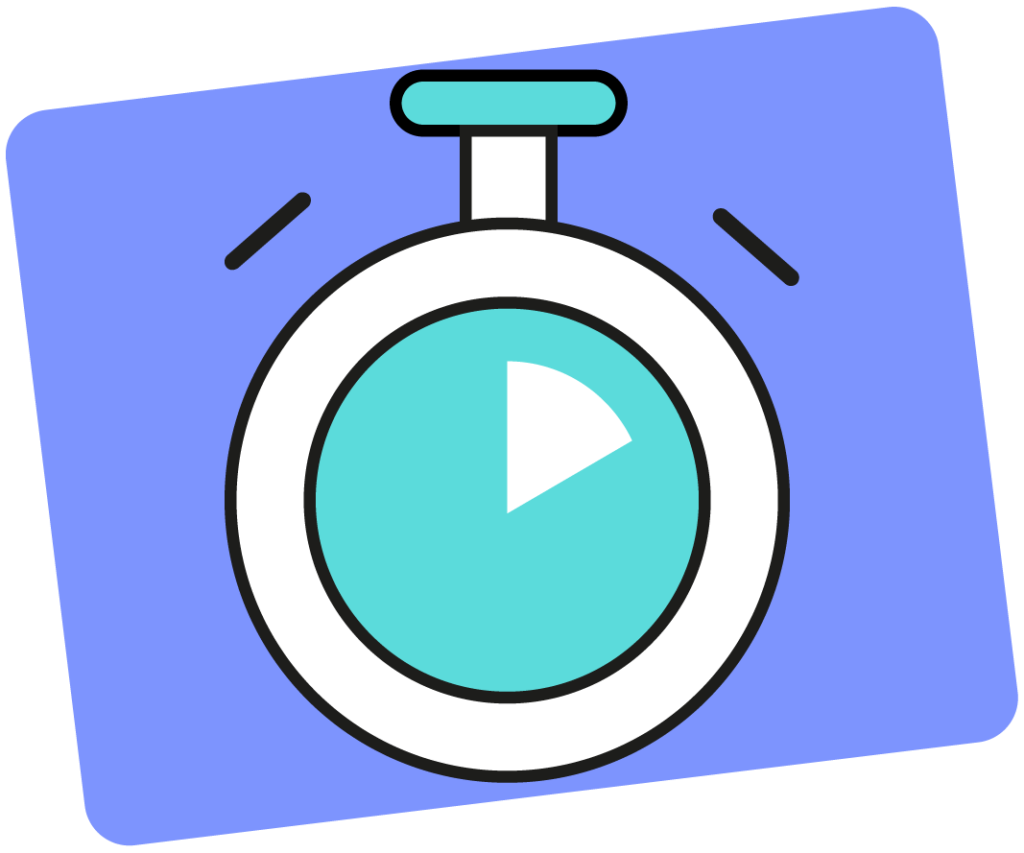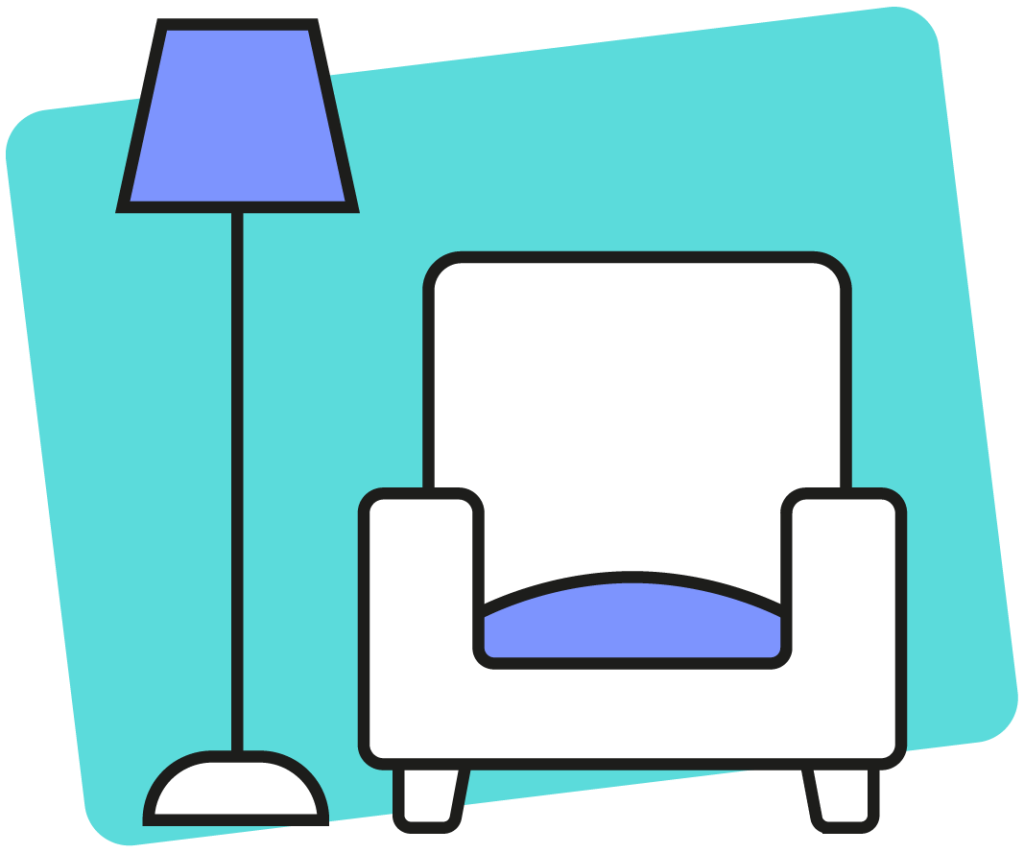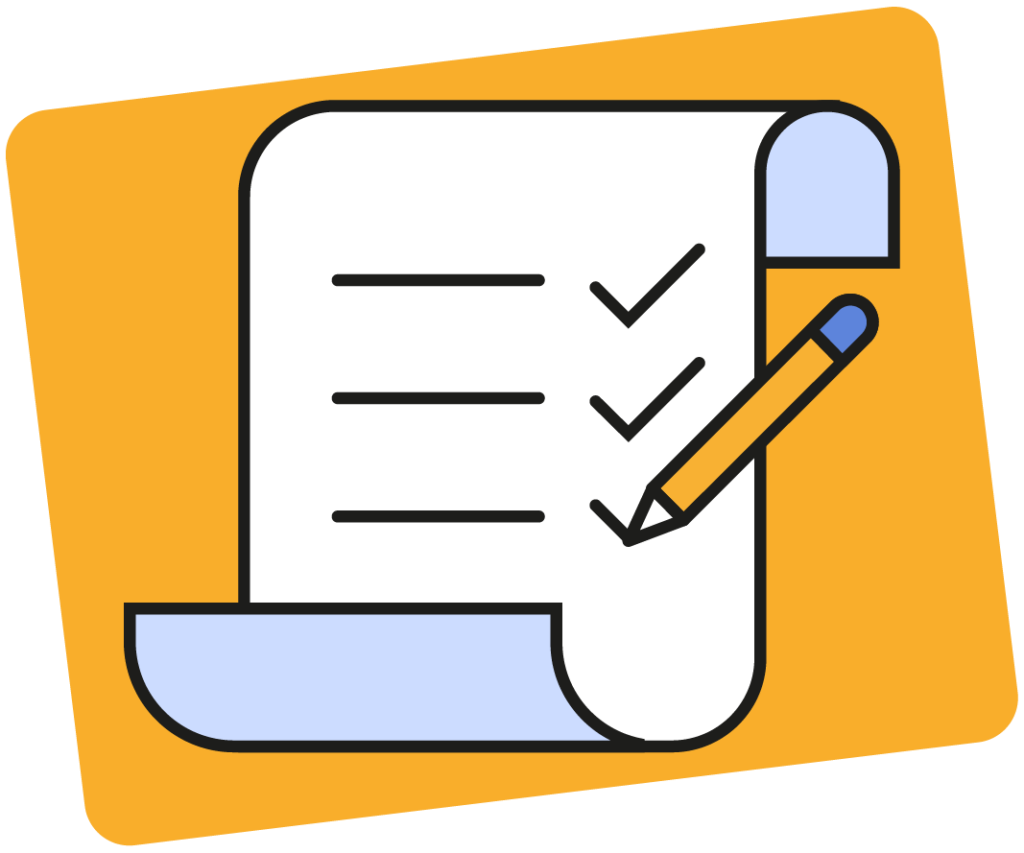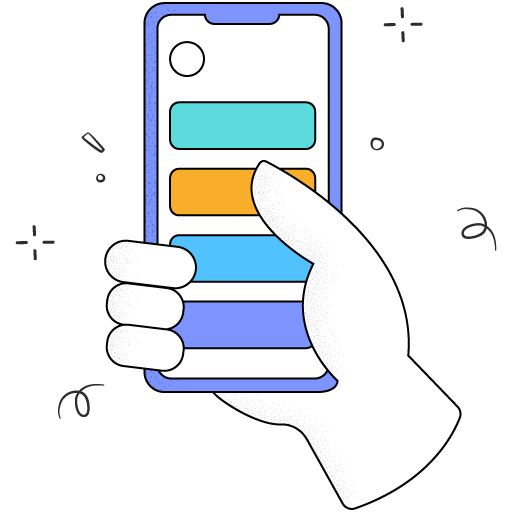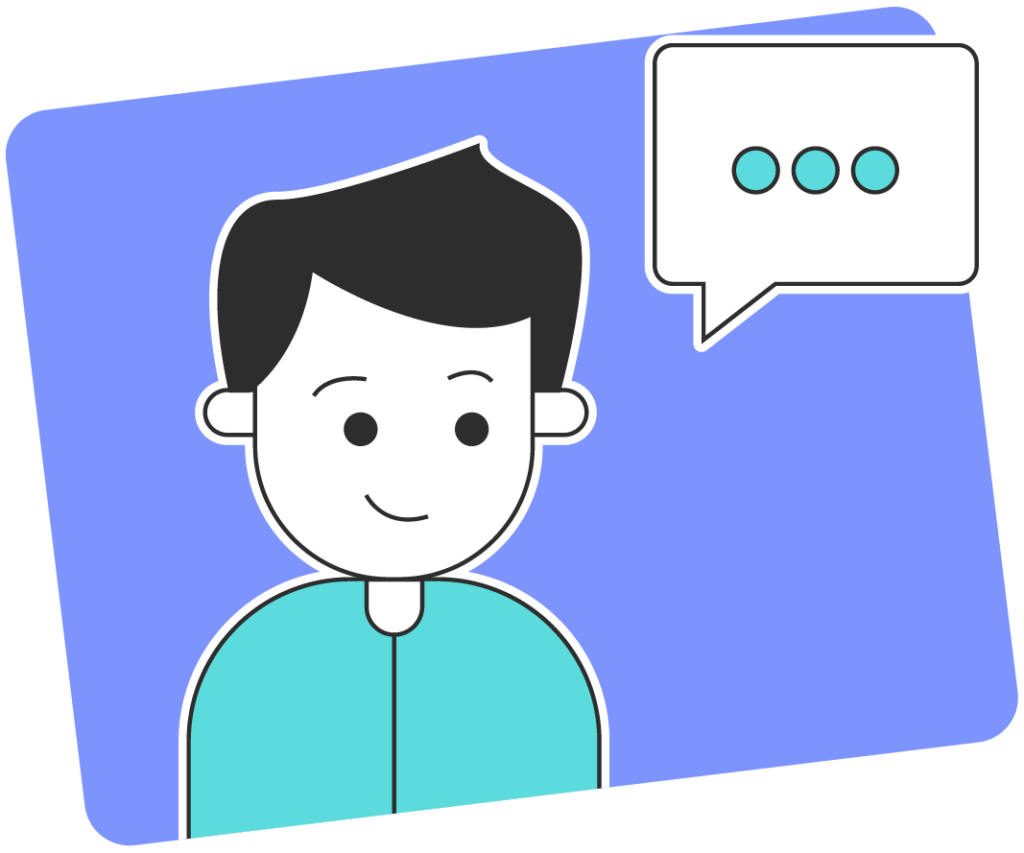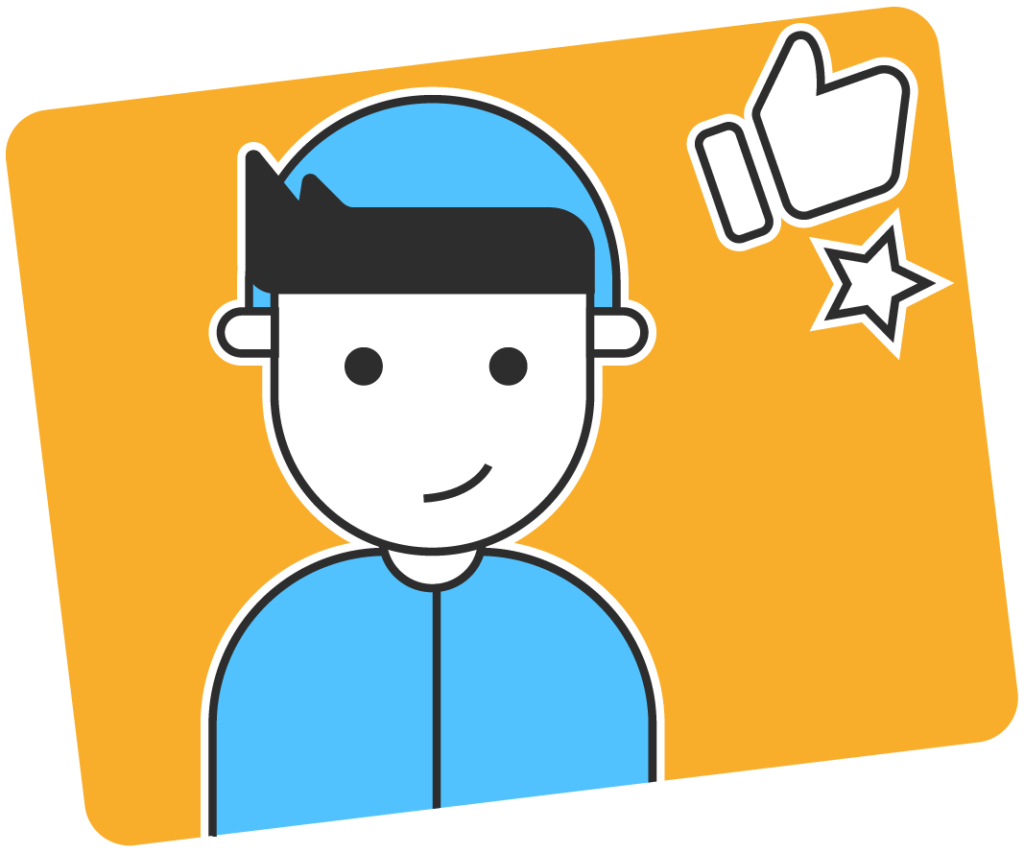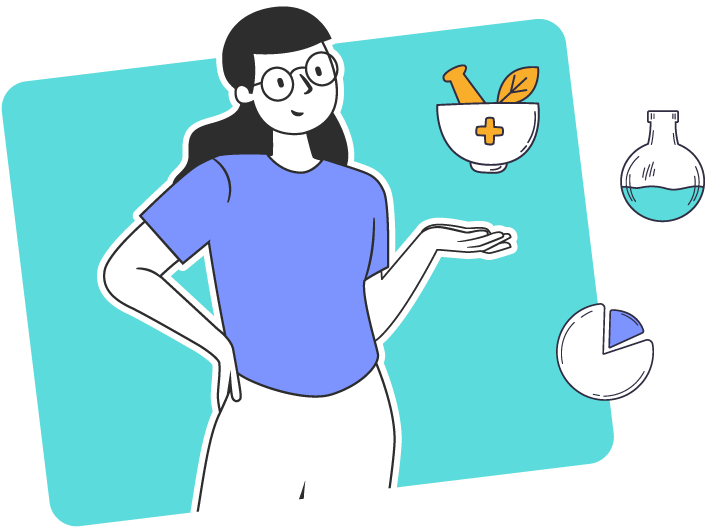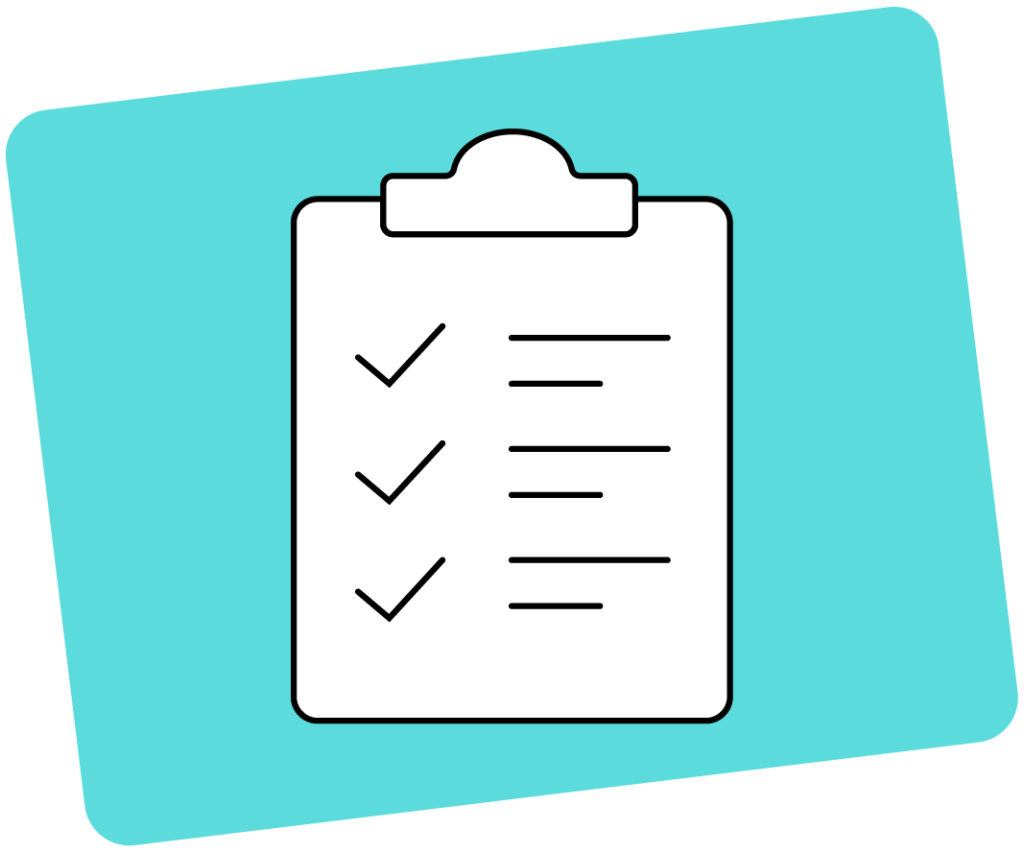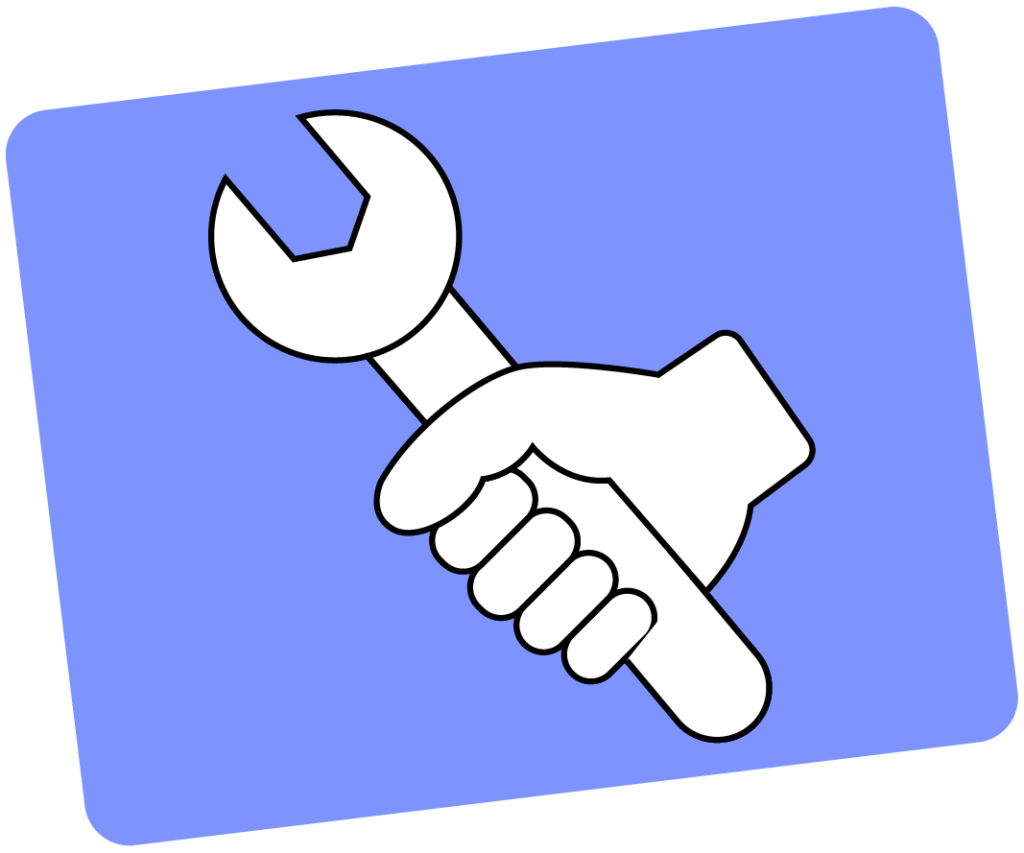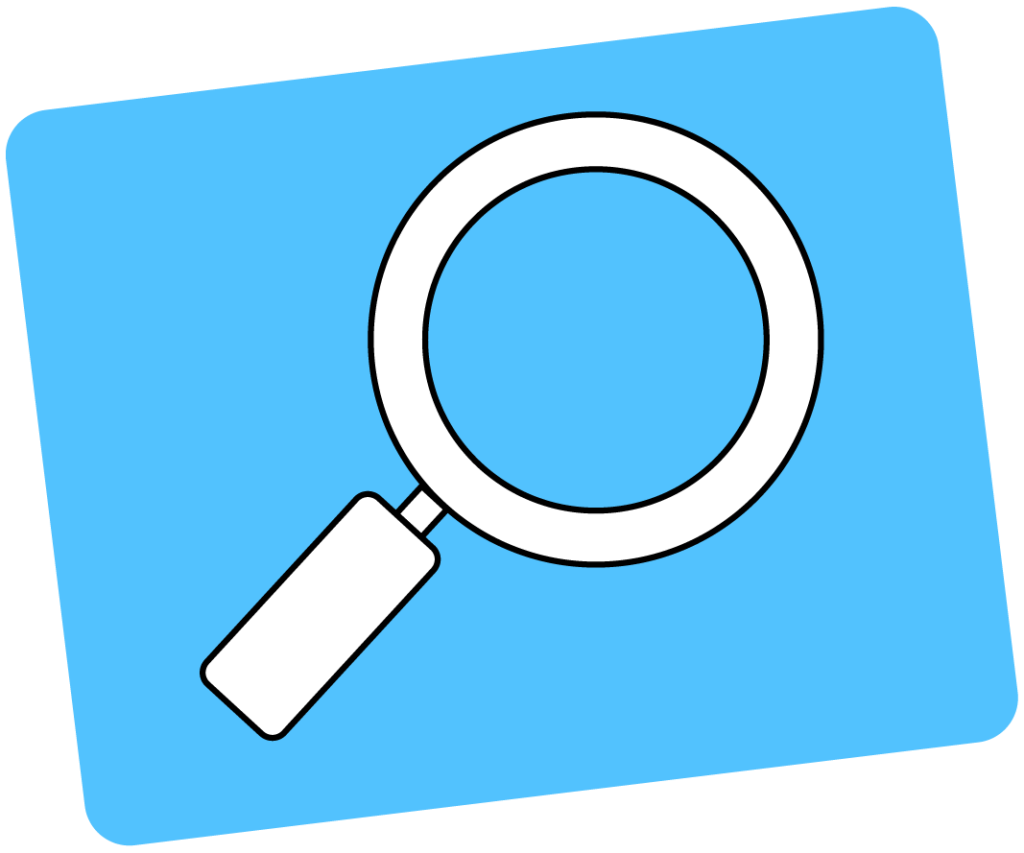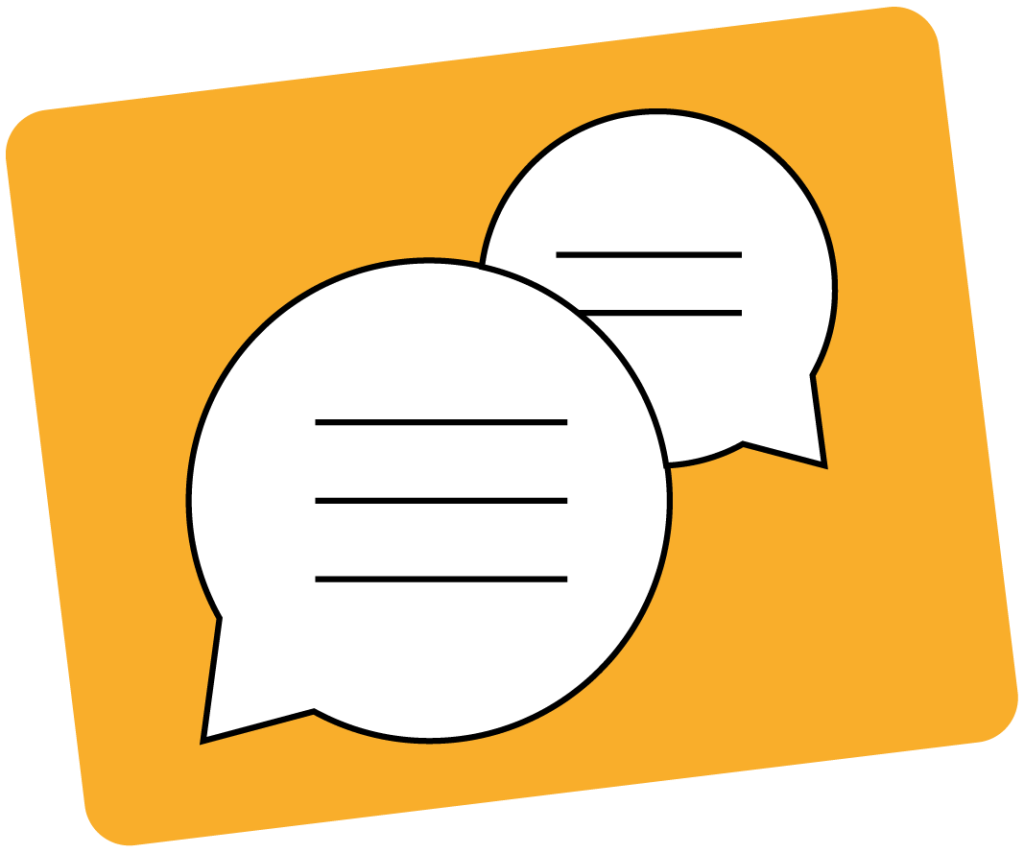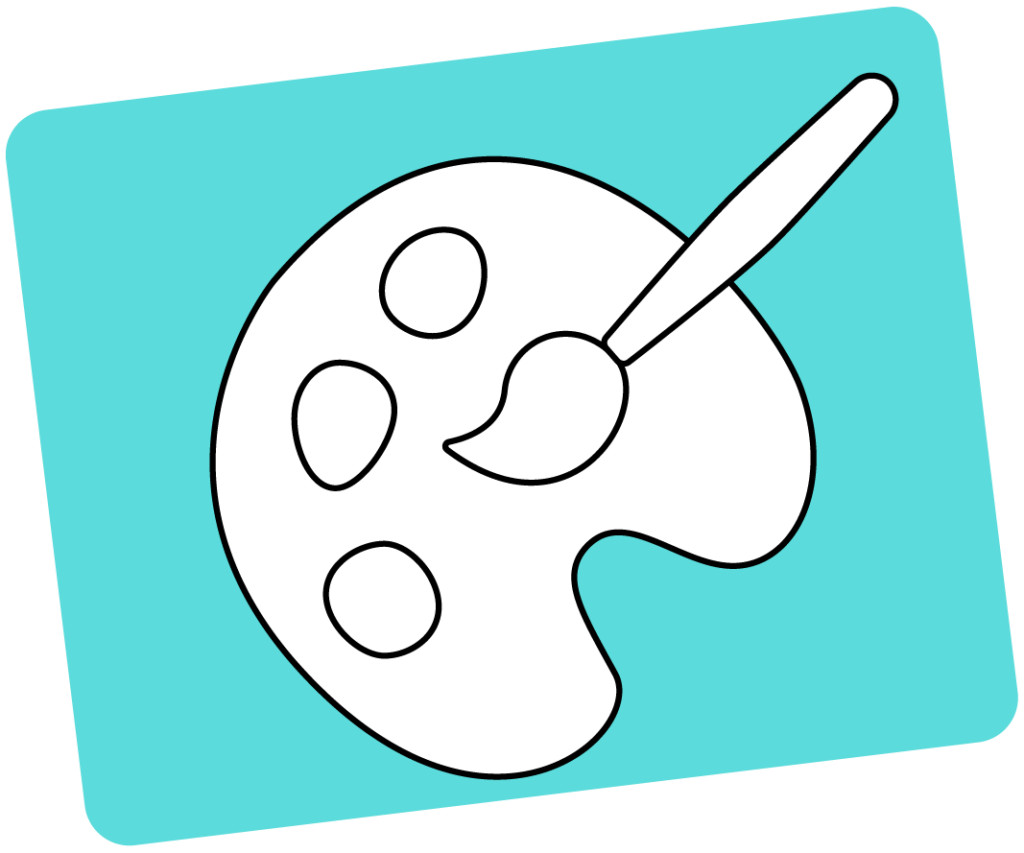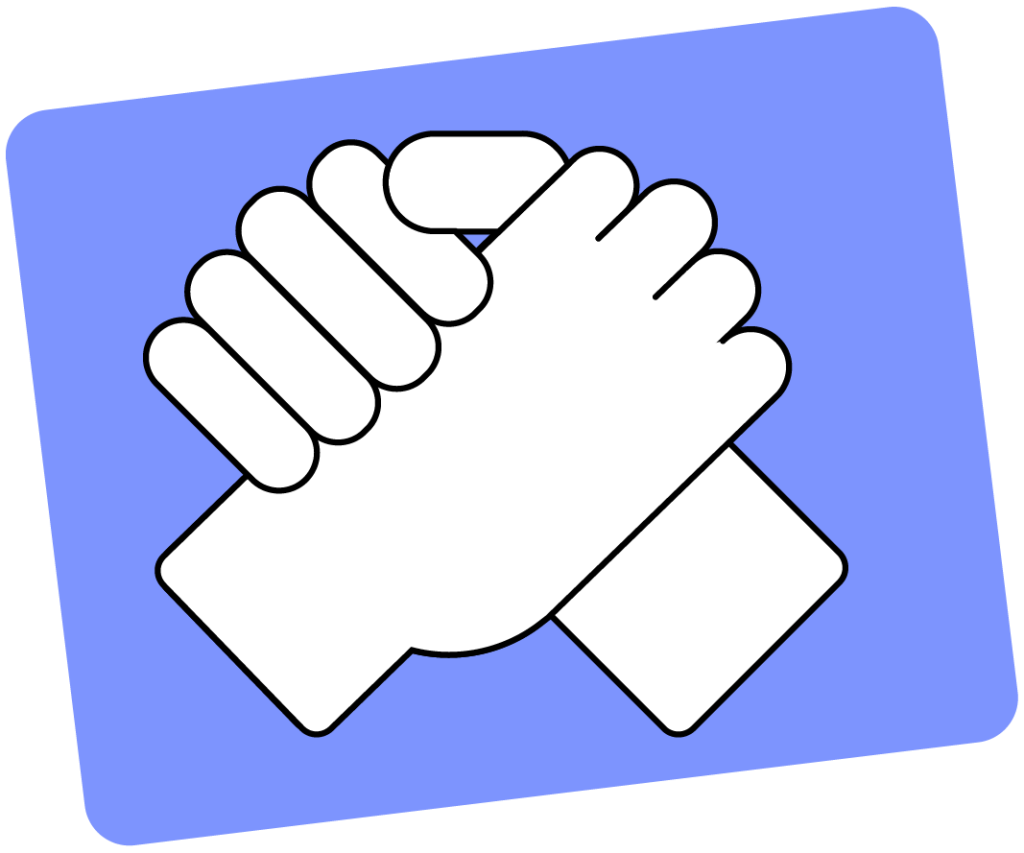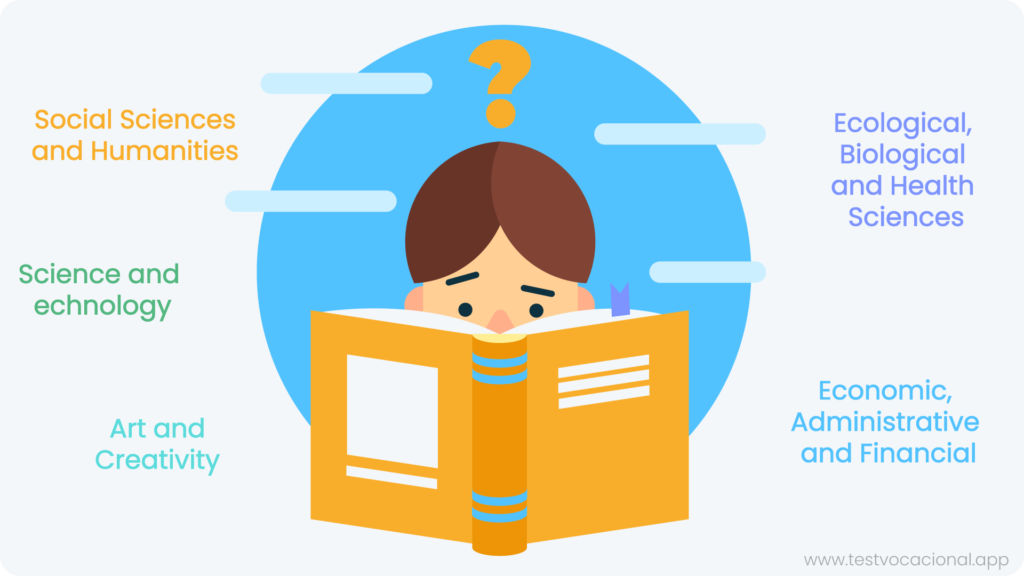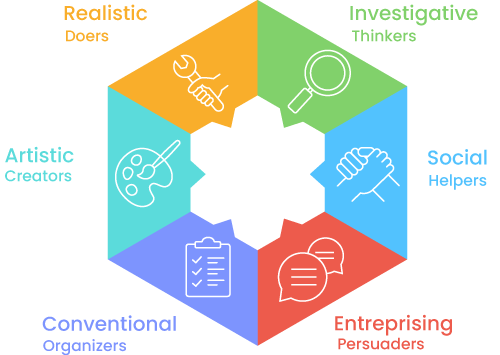Introduction
Finding your vocation in today’s ever-changing job market is more crucial than ever. With new industries emerging and roles shifting, the quest to find your vocation can unlock purpose and satisfaction. Whether you’re exploring a fresh career path or seeking work that mirrors your values, this journey offers fulfillment.
However, to find your vocation isn’t just about landing a job; it involves uncovering meaning in what you do daily. Your work should reflect your interests and skills, igniting passion and delivering personal satisfaction. Below, we offer a range of tools, exercises, and practical tips to help you make informed decisions about your professional future.
Self-reflection exercises to find your vocation
The key to finding your vocation lies in introspection. Conducting a deep analysis of your skills, interests, values, and motivations is essential. For this reason, we suggest several exercises to kickstart this process.
1. Keep a Self-Reflection Journal
Firstly, it’s vital to dedicate time to self-reflection. You can achieve this by jotting down your daily thoughts in a journal. Consider questions like:
- What activities do I enjoy so much that I lose track of time?
- In which situations do I feel most fulfilled or motivated?
- What do I value most in a career?
These simple reflective exercises will help you pinpoint your deepest interests and values, which are crucial for finding your vocation.
2. Personality Assessments
Additionally, tools like the Holland Test or the Enneagram can be highly useful. These assessments provide clearer insights into your personality, guiding you toward careers that match your traits.
The Holland Test, for instance, is a popular tool for identifying professional interests and can assist you in finding your vocation by aligning it with your strengths. For more details, check out our blog post on the Holland Test.
3. Meditation and Mindfulness Techniques
Likewise, meditation is another valuable tool in the quest to find your vocation. Practicing mindfulness helps calm your mind, allowing you to listen to your thoughts and gain mental clarity. This can distinguish between what truly drives you and what stems from external pressures.
Incorporating these self-reflection exercises can significantly enhance your understanding of personal values and aspirations, aiding you in finding a vocation that resonates with your true self and long-term goals.
How to explore your interests to find your vocation
As you embark on the journey to find your vocation, real-life stories offer relatable and valuable perspectives. Many individuals have shared how they achieved significant career shifts or uncovered their true professional passions. These accounts not only inspire but also provide practical examples of diverse paths to fulfilling careers.
Example 1: Sarah’s Professional Transformation
Sarah started in marketing but felt unfulfilled. She began volunteering at a community garden in her spare time, where she discovered her love for the environment. This led her to study Environmental Sciences, and today she works as a sustainability consultant. Her story shows how a side activity can help you find your vocation.
Example 2: John’s Radical Career Change
John spent years as an accountant, yet his true passion was carpentry. He took evening woodworking classes and eventually started crafting custom furniture for friends. His hobby evolved into a new career that brings him greater satisfaction than his previous job.
These stories illustrate that the path to finding your vocation often involves exploration and persistence. Whether through a hobby, volunteering, or an unexpected shift, pursuing your interests can unlock a rewarding career.
Identify your strengths and passions to find your vocation
Recognizing your personal strengths and passions is fundamental to finding your vocation. This self-awareness not only shapes career choices but also boosts job satisfaction and performance.
1. Self-Assessments
For starters, taking personality and skills tests is an excellent beginning. These evaluations help uncover areas where you can excel. Many platforms offer free, detailed tests with personalized recommendations.
To assist you, our website provides a practical and accessible solution. Visit www.testvocacional.app and take one of our online tests designed to reveal your strengths, interests, and potential career paths. In just a few minutes, you’ll receive a tailored analysis to guide you toward finding your vocation aligned with your goals and values.
2. Seek Feedback from Others
Once you’ve identified some strengths, ask trusted people for feedback. Friends, family, or colleagues can offer an outside perspective you might not see yourself.
3. Reflect on What Drives You
Moreover, take time to consider what truly motivates you. Ask yourself what inspires you to keep going each day. Some are drawn to helping others, while others prioritize financial stability or professional recognition.
4. Engage in Volunteering
Finally, participating in hobbies or volunteer work can uncover hidden passions and skills. These experiences let you explore interests in a low-pressure setting, serving as a practical test for potential vocations.
Ultimately, understanding your strengths and passions lays the groundwork for informed career decisions, paving the way to vocational success in 2025 and beyond.
Leverage modern technology to discover your vocation
In today’s dynamic world of career development, technology plays a pivotal role in helping you find your vocation. Numerous online tools and platforms have emerged to effectively explore various professional paths.
1. Online Courses to find your vocation
One valuable resource is webinars and online courses. Platforms like Coursera, Udacity, and LinkedIn Learning offer a wide range of courses across fields. These not only provide foundational knowledge but also expose you to specific industries, helping you discern your interests and aptitudes.
2. Career Mapping Tools to find your vocation
Additionally, tools like My Next Move or O*NET allow you to explore career options based on your skills and interests. They provide insights into related careers and labor market details.
AI integration in these tools enhances recommendation accuracy, ensuring a personalized experience. By analyzing user data, they refine suggestions, making it easier to visualize a career path aligned with your goals.
3. Job Search Platforms
On the other hand, sites like Indeed and Glassdoor offer overviews of various fields. Beyond job listings, you can read company reviews and learn about workplace cultures.
Similarly, networks like LinkedIn have revolutionized networking, enabling connections with professionals, participation in discussions, and access to growth-focused webinars. This boosts visibility and mentorship opportunities in the job market.
In short, modern technology provides abundant resources to support your search for a meaningful career. By leveraging online tools, you can explore paths and optimize your job hunt, leading to smarter vocational choices.
The Role of AI-Powered Tests to Find Your Vocation
In recent years, AI-powered vocational tests have revolutionized career assessments. These innovative tools use advanced algorithms and machine learning to analyze individual data, preferences, and skills, offering more personalized and accurate career insights.
Unlike traditional methods, which often rely on standardized questions and linear outcomes, AI-driven tests take a holistic approach, considering multiple factors that influence career suitability.
Advantages of AI Vocational Tests:
- Personalized Recommendations: These tests analyze your profile and suggest careers that best match your personality and skills. This customization greatly enhances decision-making when exploring career paths.
- Adaptability: As the job market evolves, the algorithms adjust, providing up-to-date recommendations. This ensures relevance in a shifting work environment, particularly in emerging fields without traditional paths. Such adaptive tools can guide you toward promising vocational opportunities.
If you haven’t yet tried a vocational test, you can do so through our platform, Test Vocacional, which leverages artificial intelligence to deliver more precise and tailored results.
Gather insights from mentors and professionals to find your vocation
Speaking with people already in the career you’re interested in can be one of the most effective ways to find your vocation. Mentors bring years of experience and can offer invaluable advice.
1. Connect with Mentors to find your vocation
First, identify mentors or professionals whose career paths align with your vocational interests. They could be existing contacts or connections you expand through platforms like LinkedIn.
When reaching out, be clear and concise. Send a brief message expressing interest in their work and how their insights could aid your career exploration.
2. Key Questions to Find Your Vocation with Mentors
Craft open-ended questions to spark dialogue. Ask about their journey, the challenges they faced, and the essential skills in their field.
Also, seek their views on industry trends for a broader perspective on future opportunities. Understanding their experiences can illuminate potential paths and shape your decisions.
3. Maintain an Ongoing Relationship
Keep these connections alive with ongoing dialogue. Share updates on your progress, seek feedback, or request further insights on specific topics to strengthen the bond.
Attend industry-related events where these professionals participate, enabling face-to-face interactions that reinforce shared interests.
Guidance from mentors and professionals helps navigate the complexities of career choices. Their perspectives not only deepen your understanding of roles but also build confidence for informed decisions.
Develop a professional action plan
Creating a structured professional action plan is essential for successfully navigating the 2025 job market. A well-defined plan clarifies your vocational aspirations and serves as a roadmap to achieve them.
1. Define Your Career Goals
The first step is setting specific, measurable goals. Identify what excites you and how it aligns with potential career paths. For example, if technology interests you, consider fields like software development or cybersecurity and set corresponding goals.
2. Create a Realistic Timeline
Next, establish a timeline. Decide when you aim to hit each milestone to instill urgency and accountability. Use a calendar or management tool to break long-term goals into manageable tasks.
If you’re acquiring a skill, set deadlines for completing online courses and applying them in real-world scenarios. This approach keeps you focused and ensures steady progress.
3. Track Progress Consistently
Monitoring your progress is equally vital. Set up a system to track advancements, such as journals, spreadsheets, or specialized software. Reflecting on your growth can highlight areas for improvement and necessary adjustments.
Moreover, seek feedback from mentors or professionals in your field; their insights can uncover new opportunities and guidance.
A comprehensive action plan empowers you to take concrete steps toward your vocational path, aligning skills with market demands.
Conclusion and recommended tools for finding your vocation
Finding your vocation is an ongoing journey requiring reflection, exploration, and adaptability. As detailed in this guide, understanding your interests, strengths, and values is key to identifying a fulfilling career path.
Conducting self-assessments and seeking feedback from trusted individuals provide valuable insights. Additionally, networking and informational interviews allow you to explore vocational options and gain in-depth industry knowledge.
To navigate this complexity, we recommend using a recognized vocational test app that offers personalized insights to align your aspirations with professional sectors. These tools analyze data with advanced algorithms, delivering specific suggestions that make the process efficient and revealing.
As the professional landscape evolves, staying open to new possibilities is crucial. Updating skills, seizing retraining opportunities, and adopting a growth mindset are essential for job satisfaction in a competitive environment.
In conclusion, to find your vocation in 2025 demands proactive strategies, continuous self-assessment, and the use of modern tools to align personal goals. With resources like vocational test apps, you can embark on an informed journey toward a rewarding career that enhances both professional and personal success.
